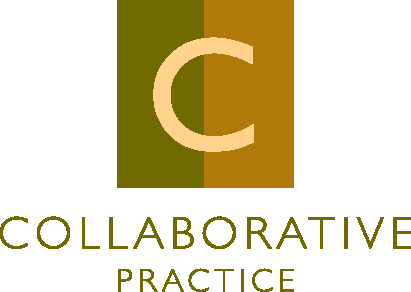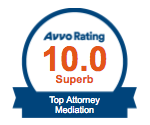A virtual data room (VDR) is a secure platform for sharing sensitive documents with granular security and a variety of access permissions that can be customized. A VDR is more advanced than the rudimentary storage options, which typically only allow viewing and downloading. It also allows for simple collaboration between multiple parties, and allows for the customization of access rights.
Due diligence can be a lengthy procedure, requiring multiple parties to scrutinize a huge amount of information. This can lead to long drawn-out, lengthy deals or kill the deal altogether when the documentation isn’t comprehensive and properly prepared. A VDR can provide a central location for all the relevant data to be shared and viewed by several parties, thereby eliminating delays caused by miscommunication, or the absence of documentation.
VDRs can be useful for a number of other business-related reasons as well, such as preparing portfolio companies for an IPO or fundraising which requires the business to share confidential financial information with third parties. The ability to arrange documents into logical folders that facilitate navigation and grant access rights with just one click makes these tools convenient for investors.
For the life science industry, virtual data rooms are the perfect solution to share confidential intellectual property with potential investors and partners. With the help of granular document activity tracking, a VDR lets users know exactly who has viewed what documents and for how long. This information can be useful in determining whether a plan is adequately explored and is attracting interest from potential investors. It can also reduce the risk of revealing proprietary information to the wrong people.


